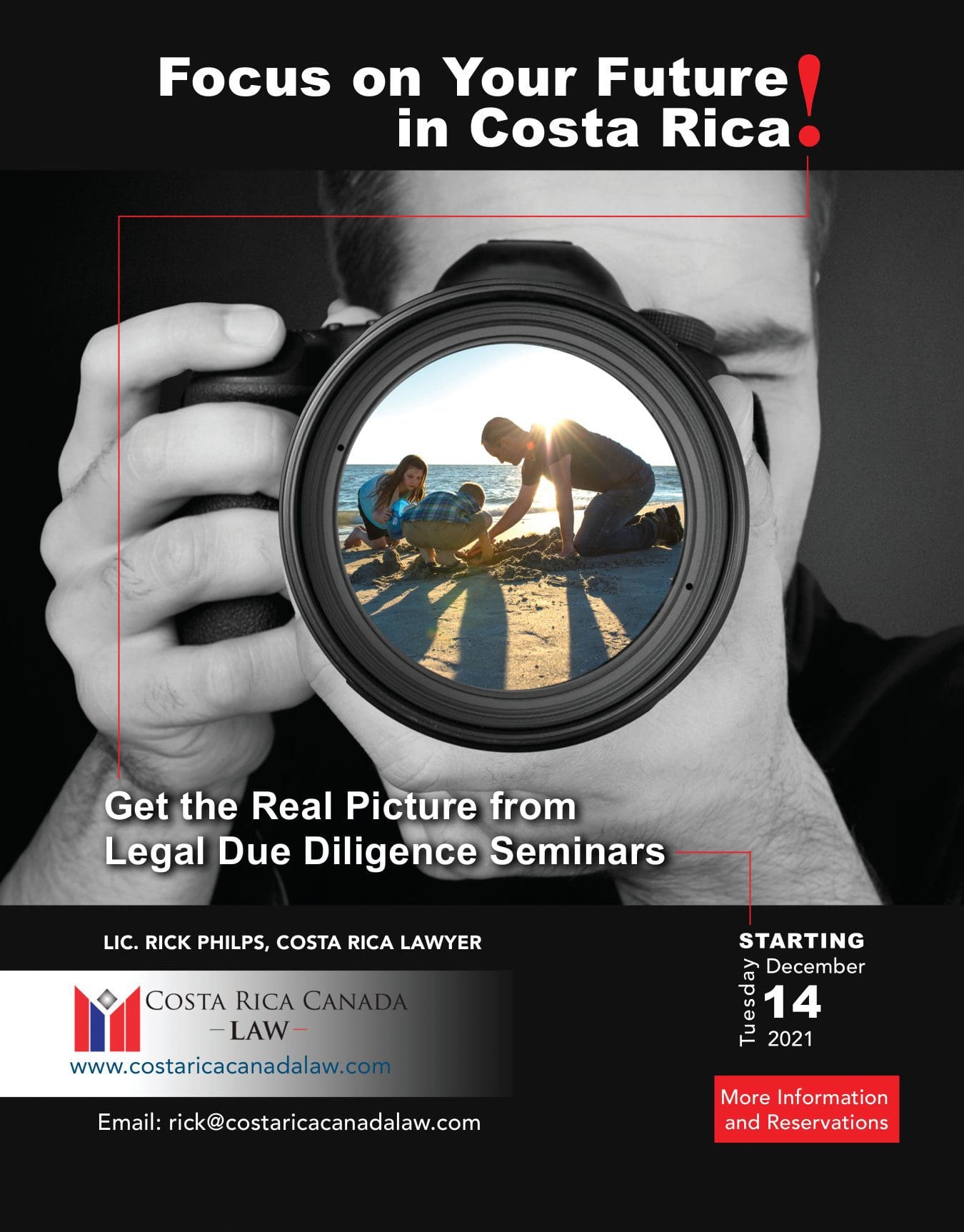
How do Escrow (Trust) Accounts Operate in Costa Rica?
The question often arises with expats moving to Costa Rica: how can we transfer large sums of money to Costa Rica from our home country bank, to complete a real estate purchase transaction or the acquisition of a business interest?
The answer is that you will have to use the services of an escrow account, operated by an escrow company. Please note, “escrow” is a U.S. term. For Canadians, it is known as a trust account.
Escrow (trust) accounts in Costa Rica are regulated by the Government Banking Regulatory Authority known as SUGEF (Superintendencia General de Entidades Financieras). This entity regulates the entire banking and financial industry. It is a very powerful institution in Costa Rica, with significant power to sanction banks and financial entities for non-compliance issues.
See this article in the magazine
History
About 10 to 12 years ago, it was quite common for individual law firms to operate their own escrow (trust) accounts, particularly if they were a law firm involved with their clients’ real estate purchases.
Then, Costa Rica was cited by several international money laundering watchdog agencies as being a haven for money laundering, particularly relating to the illicit drug trade. Costa Rica was given an ultimatum: unless certain regulatory steps were taken to increase anti-money laundering controls, the country would be “black-listed,” making international financial transactions difficult.
A significant increase in administrative, reporting and compliance requirements for escrow accounts was introduced. This effectively made it impossible for individual law firms to comply, either on a workforce or cost basis.
Accordingly, the entire escrow account industry has largely devolved into three major escrow companies, registered with SUGEF, controlling the entire escrow account market in Costa Rica.
Operation of escrow (trust) accounts
In order to use the services of an escrow company in Costa Rica to transfer funds here from a foreign jurisdiction for a specific purchase transaction, your Costa Rica lawyer will likely make a recommendation as to which company you should use.
The escrow company will require a very detailed escrow account application to be completed by the client, providing all of the client’s personal and source of funds information. Source of funds information will include savings from employment or business income, supported by income tax returns, an order of probate if the source is an inheritance, or the closing statement should the funds source be a property sale. Those are but a few of the possible funds sources. It will not be sufficient to state that the funds came from such-and-such bank account.
In addition, the escrow company will require a copy of the client’s current passport, three months of current certified banking statements from your home country bank, a current utility bill from your home address, and a signed copy of the real estate or business purchase agreement for which the funds will be utilized.
My opinion
Escrow companies are very strict with clients in meeting the various compliance requirements of transferring funds from a foreign jurisdiction to Costa Rica. The detail level for personal and financial information requested will certainly transcend the comfort level of most applicants. However, escrow companies, in the face of significant sanctions from SUGEF for any non-compliance delinquency, will be unwavering in their source of funds requirements.
In response to this highly regulated industry and in an effort to avoid some of the onerous source of funds requirements, offshore escrow companies have been set up to service Costa Rica clients. This is especially true in circumstances where both a buyer and a seller will be utilizing foreign funds for a transaction involving a sale of a Costa Rica property or business interest, where the funds are not ultimately destined for a financial entity within Costa Rica.
For more information and answers to your questions on diverse legal topics, visit Costa Rica Canada Law: www.costaricacanadalaw.com

